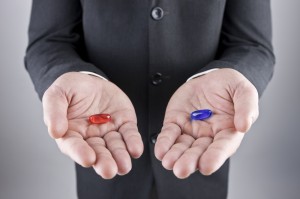Sixth Year Medicine/Arts (Undergraduate)
University of Melbourne
Dr. Peter R. Mansfield
General Practitioner
Visiting Research Fellow, General Practice, University of Adelaide
Peter is a General Practitioner in Willunga, South Australia and the Founder and current director of ‘Healthy Skepticism Inc.’, an international non-profit group aiming to improve health by reducing harm from misleading health information.

